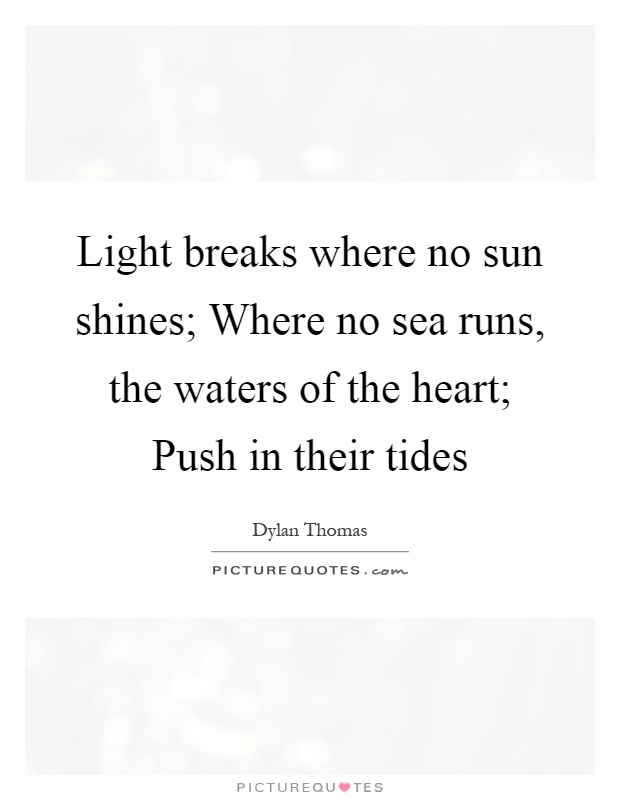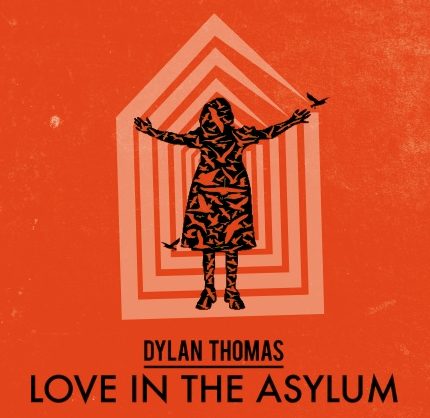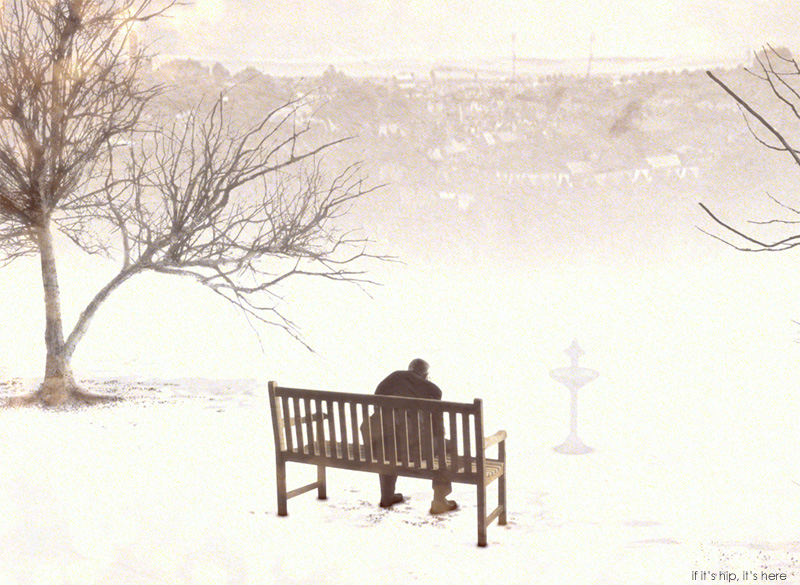David Berman was born January 4, 1967, in Williamsburg, Virginia. He attended high school at Greenhill School in Addison, Texas, before matriculating at the University of Virginia. While in Charlottesville, Virginia, Berman began writing and performing songs (often left on friends’ voice message machines) with his loose band, Ectoslavia, primarily composed of UVA classmates Stephen Malkmus and Bob Nastanovich.
Snow by David Berman Analysis
David Berman opens his poem with two brothers who are outside in winter. The two brothers are walking through a field and see snow angels. The younger brother asks who made the snow angels. The older brother tells him that it was a troop of angels who had been shot and dissolved. The younger brother then asks questions about who shot them and the reason behind it. The older brother says a farmer shot them for trespassing. The narrator then finishes by saying the outdoors is like a room.
Snow is a poem that mostly depicts a dialogue between two brothers who are walking through a field of snow. The older brother is the ‘lead’ player and it’s his mindset that the reader comes across, to try and make sense of his response to his little brother, after the discovery of snow angels in the snow.
The big brother knows the angels were made by local kids but unexpectedly creates a fictional reason for their existence. A farmer has shot the angels. They melted into the snow as a result. Whether he does this in an attempt to try and ‘entertain’ his kid brother or comes out with this flight of fancy merely as an exercise in imaginative thinking, the reader has to work it out one way or the other.
After the initial exchange between the brothers, there is a vacuum, which is filled with a vivid image of ice as they walk across a frozen lake. This shift in space is sudden. One minute they are in the snow, the next they are looking down into the water through the ice. There is an altered state of reality here wrapped up in a simile – the ice looks like a photograph as if the speaker has seen many photographs of water.
The surface tension grows as the younger brother seeks answers as to why a farmer would kill angels, putting the older brother into uncharted territory. His imagination, which is quick enough to form a shooting scenario, is at a loss now.
The speaker reverts to his internal thoughts and compares a snowy environment to a room. It is another simile, connecting the snow to a house, a home. The reader is transported back in time, to a common scene of neighbors clearing away the snow. An innocuous activity yes, but note the re-entry of slightly disturbing language again – the room has been blasted and is falling.
The older brother, the speaker, has either been affected by his own imagined shooting of the angels and this has colored his memory of that morning’s snow clearance near his house. On the other hand, something has already happened to the brothers, something has upset their domestic life and that is the reason why they are out walking in the snow with their minds on the death of angels.
Something innocent has died in their lives. The little brother‘s final question sums it all when he asks why do these kinds of things happen to the innocent ones? For two brothers out walking in snow, readers would expect a little fun, play, and mischievousness, but the reader has to work with a frozen emotion and questions that have no answer. It is a kind of part-story with gaps which needs filling with the reader’s own imagination.
Snow by David Berman Technique
This poem consists of a period after each line, which makes reading easier. There is no rhyme in the poem but it still has a lot of meaning in it. The symbols in this poem were snow, angels, outdoors, water, and many others. They all symbolized that as life went on, all the younger brother thought about were the angels that were shot.
Snow could have been a prose poem, as the long lines seem more like passages from a story than a rhythmical construct. Perhaps they reflect the walk, which was a long one. The lines vary in length between 9 and 15 syllables and most are stopped at the end. The exception is seen in the first and third lines, where the use of enjambment takes place. This helps in carrying on the sense and meaning from one line to the other without the use of punctuation.
This loose arrangement gives the poem an unusual feel. Most lines are mainly complete in themselves. The syntax is straightforward enough and internal punctuation is used at a minimum. In the poem, there are 16 lines with no end rhymes. Hence making the poem a free verse poem with many stanzas, differing in length between a single line and three lines.
Snow is a poem that focuses on the interaction between two brothers who are out for a walk through a field of snow. The poem contains vivid imagery in its lines and confronts the reader with the older brother’s dark imagination.
David Berman who was a poet, teacher, and musician, published this poem in 1999 in the book Actual Air. Snow has become the most popular poem from this collection and is regularly featured in the school curriculum, fascinating students. The most striking element about this poem is the contrast between reality and fiction As the poem goes on, the reader is tempted to think that the older brother’s imagined death for the angels is of little importance, especially as the scene shifts in time to earlier on in the day, and the clearing away of the snow by the older brother.
The final line adds to the strange tension set up in the poem – could he imagined shooting possibly set off a negative chain reaction in the mind of the sibling. On the other hand, is this simply another life lesson the younger brother has to learn, that of the difference between fact and fake news.
Some online learning platforms provide certifications, while others are designed to simply grow your skills in your personal and professional life. Including Masterclass and Coursera, here are our recommendations for the best online learning platforms you can sign up for today.
The 7 Best Online Learning Platforms of 2022
- Best Overall: Coursera
- Best for Niche Topics: Udemy
- Best for Creative Fields: Skillshare
- Best for Celebrity Lessons: MasterClass
- Best for STEM: EdX
- Best for Career Building: Udacity
- Best for Data Learning: Pluralsight










